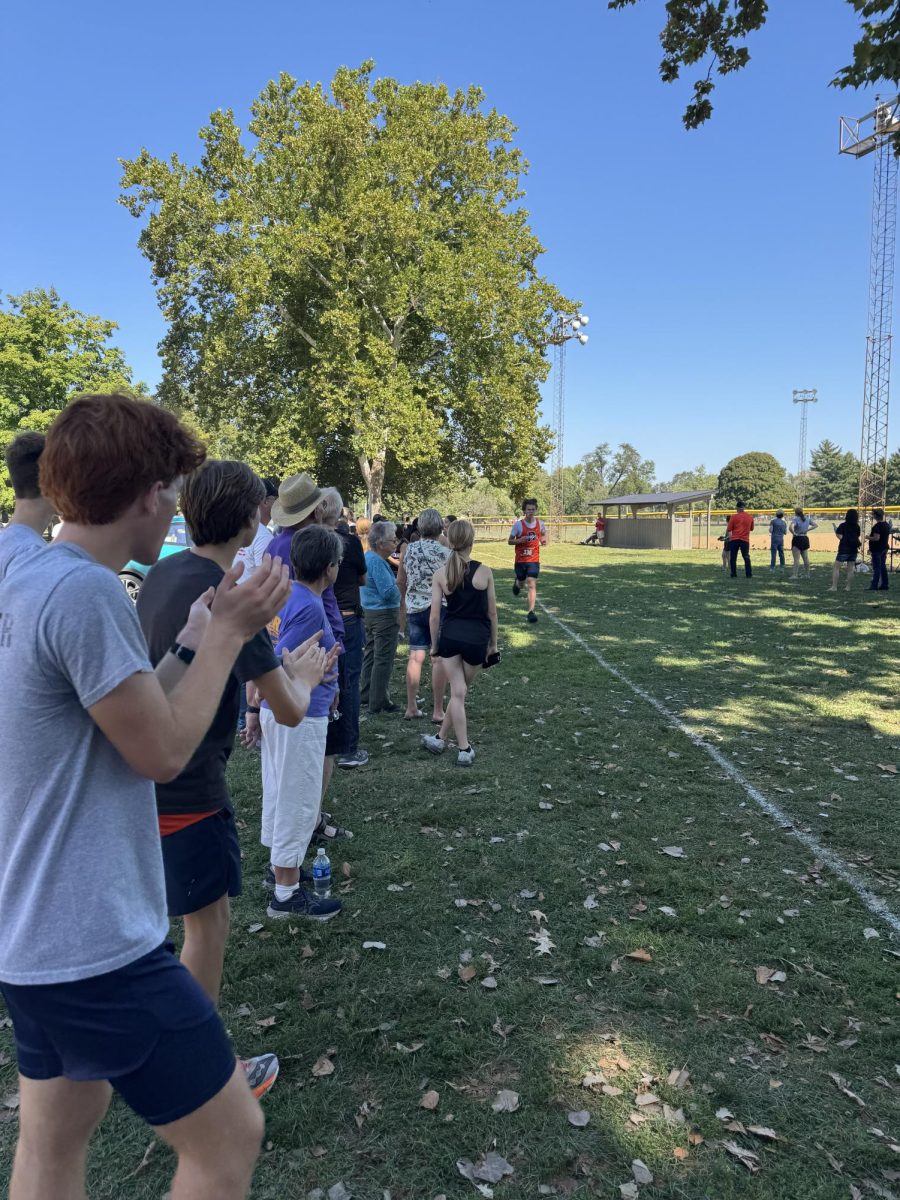At Rochester High School, one of the biggest changes this year has been the new district phone ban. The policy, which restricts students from using their phones during class, has sparked strong opinions from both supporters and opponents. Some believe the ban is helping students focus and engage, while others argue it harms student independence.
Administrators have explained that the main goal of the ban was to reduce distractions and increase face-to-face interaction. English teacher, Miss. Cooper says, “The phone policy was made because we need students giving their full attention to discussion, and we want to prevent the distraction that the devices bring”. Teachers have often noted that phones interrupt lessons, whether that’s through social media notifications, games, or group chats that pull students’ attention away from learning. By limiting access, the school hopes to create a more focused academic environment.
Supporters of the phone ban argue that it has improved the classroom environment. Teachers report that with fewer phones buzzing, students are more likely to pay attention, participate in discussions, and complete assignments without interruptions. “Last year I use the phone as a kind of motivation, but it got really annoying trying to make sure whoever was on their phone should be on their phone. It’s much easier to say ‘hey, no one should be on their phone,’ so it’s a lot easier to manage,” says math teacher, Mr. Kim. Studies show that excessive phone use can reduce focus, encourage procrastination, and affect mental health. By removing phones, Rochester might be encouraging students to interact more authentically and build stronger relationships. Supporters also believe the ban helps with mental health. Constant exposure to social media can lead to stress, comparison, or drama, which easily spills into school life. Without constant scrolling, some students feel freer to concentrate on themselves and their friendships.
On the other hand, critics argue that the phone ban is too restrictive and fails to recognize that phones aren’t just distractions but also tools. Students use their phones for calculators, research, and quick communication with guardians or coaches. Completely banning them removes a resource that, when used responsibly, can enhance learning. Some students also feel that the ban treats them as if they can’t be trusted. Instead of learning how to manage their time and technology use, they’re simply cut off. Critics argue that it doesn’t prepare students for the real world, where self-control and balance are key. There’s also the issue of safety. Many students and parents believe phones provide a critical line of communication in case of emergencies. Removing access, even for a few hours, can make families feel uneasy. Addison Baker, Junior at Rochester High School, says, “I, Personally, think it’s a little bit extreme, as somebody that receives very important messages on my family’s well-being and health status, I think that is quite ridiculous to not be able to see how my family is doing, in a time of medical crises.”
For teachers and maybe some students, the quieter, the more focused classrooms are proof that the ban is making Rochester a better learning environment. For others, however, the policy feels unnecessary, even harmful, because it ignores the benefits of technology and takes away personal responsibility. Rochester’s phone ban has sparked an important conversation about technology in schools.















